Charlotte Wood, acclaimed Australian author of Animal People and The Natural Way of Things, recently sat down for a chat with Lucinda Holdforth, author of the upcoming Leading Lines.
Lucinda Holdforth’s previous works include True Pleasures: A Memoir of Women in Paris, and Why Manners Matter: The Case for Civilised Behaviour in a Barbarous World. She has worked as a researcher at ABC, an official at the Australian Department of Foreign Affairs and Trade, a speechwriter to former deputy prime minister Kim Beazley, and a communications specialist for a management consulting firm.
Scroll down to read Charlotte Wood’s Q&A with Lucinda Holdforth about the importance of speeches, what makes a great speech, the most inspiring speakers in the world today and what to expect from Lucinda’s new book, Leading Lines?
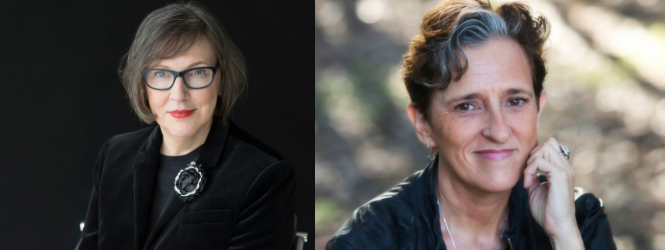
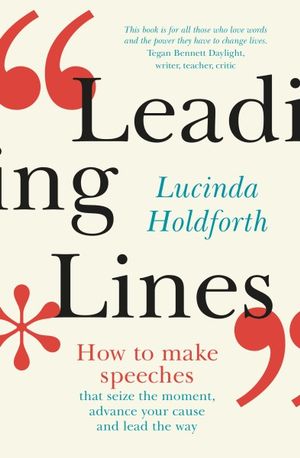 In an overwhelmingly digital world, aren’t speeches out of date?
In an overwhelmingly digital world, aren’t speeches out of date?
Speeches are more popular and relevant than ever – in our isolated world there’s rough magic in the communal experience. We come together to breathe in tandem, to experience our own responses alongside each other and, if the speaker speaks truly, in deep connection with one another. The popularity of TED talks shows how much we hunger for leaders in all fields, and movements like #MeToo and #NeverAgain (the US student campaign for gun-control) are being led by brave speakers and great speeches.
I’m not a leader – why should I care about how speeches work?
Speeches have been an integral part of the democratic process since the classical Greeks. If you care about democracy then you’ll care about speeches. Plus, you’ll be better placed to participate in the democratic process if you have a sense of the art and craft of persuasion.
But I’m terrified of public speaking!! Can’t I just avoid it?
The day will come when it’s your voice that really matters. Whether it’s to toast your friend’s success (because only you know what it cost them), or to farewell a colleague (who you knew better than anyone) or save your local park (because you know the full story). Don’t you want to be ready?
We’ve totally lost trust in institutions and leaders. Can speeches really win back trust?
No other form of leadership communication signals personal accountability like a speech. So, yes, leaders’ speeches are an essential part of the process of regaining institutional trust. But the speeches need to change. Too many business and political leaders still assume we want what economic theory says we should want – more choice, more stuff, more competition, more inequality. They’ve lost sight that people live in societies not economies. And that what we deeply crave is community. Trust will only return when our leaders finally, genuinely, get it.
Who are the most inspiring speakers in today’s world?
Soaring oratory can be appealing. My passion, however, is for effective oratory – speeches that do the hard work towards getting concrete results. David Attenborough is one such speaker – he brings the Aristotelian trilogy of mind, heart and character to his arguments for action on climate change. In Australia, Noel Pearson, at his best, is probably our finest orator.
I have to speak at my brother’s wedding – can’t I just wing it?
No, I’m afraid you can’t. Ceremonial speeches are incredibly important. We live in a lonely and godless world, and we hunger for rituals that lend significance to our days. Ceremonial speeches are about the things that endure and deeply matter: the things that bind us as a society and a community, the reasons we get up in the morning, fight wars together, keep believing when it’s hard, love each other, remember our stories, and keep to our traditions. Don’t wing it, make it matter.
I do want to change the world, but I’m an introvert! Can’t I just use Instagram and Twitter to get my message out?
I know how you feel! Most speechwriters are introverts with a quiet passion to change the world. That’s why we look for influential leaders to work with: so we can contribute behind the scenes to that better future. Instagram and Twitter have their place, but democratic change still relies upon the awesome power of speeches. Dictators change the world through coercion and force; in democracies we change our world through words. Time to step up.
Books about speeches are usually about men. Do women get a say in Leading Lines?
This is a major moment for women in public life. Some of the most electrifying case studies in Leading Lines are of speeches by women in business, politics and social activism. I also look at the particular challenges faced by women speakers, and suggest how to deal with them – or ignore them!.
I’d love to try public speaking – but where? How do I find my audience?
In NSW the HSC English curriculum now includes a unit on speeches. That’s a good sign. Our democracy is strengthened when citizens are equipped to step up and argue for their views. You’ll find your audience when you know who, or what, you really care about. Then you mustn’t wait to be asked – just put yourself forward. You have a right to be heard.
What makes a great speech?
Aristotle got it right 2,500 years ago. Great speeches bring together logical argument, emotional acuity, and the credibility of the speaker. In recent times we’ve seen many speakers – including political and business leaders – abandon the sober work of logical argument and rely largely upon emotional hooks, feel-good mantras, and worn-out clichés. Great speeches start from mature evidence-based arguments that grapple honestly with the complexity of our world.
How does this book teach?
With dozens of case studies based upon my own 25-year experience as a speechwriter working with politicians, business leaders and government organisations. I also draw extensively on major speeches from history (and recent events) and draw lessons from fiction, music and film.
Leaders are busy. Why not just give a press conference, issue a press release…or send out a tweet!
A good speech requires a lot of work, no doubt. But weigh that up against the benefits… you have the opportunity to tell your story, the way you want to, without interruption. You can anticipate and forestall misinterpretations, refute the doubters, provide a form of words that your people and stakeholders can use, create a unified understanding of your strategy, and carefully lay out your reasoning. People often think speeches are high risk, when in fact they enhance leadership reputations and reduce risk.
 Why is your book called Leading Lines?
Why is your book called Leading Lines?
Leading Lines is about democratic speechmaking and the art of leadership. But it’s not just for established leaders or would-be leaders. When any individual gives a speech, no matter how small the audience or minor the occasion, they become a leader. They have the precious opportunity to lead their listeners to a new attitude or understanding or insight.
How much of a great speech is in the words, and how much in the delivery?
Of course, as a speechwriter, you would expect me to say that words are key. Abraham Lincoln had a high-pitched voice, but that didn’t undermine his Gettysburg Address. Today, increasingly, speeches are recorded for webinars, staff videos, podcasts and YouTube. I include a section in Leading Lines on how to match your great words with a confident, relaxed, unforced delivery.
Leading Lines is published by HarperCollins Australia and is available to order at Booktopia.
ABOUT LUCINDA HOLDFORTH
 Dr Lucinda Holdforth is one of Australia’s leading speechwriters, with a 25-year record of writing for corporate chairs and CEOs, entrepreneurs, political leaders and senior government officials.
Dr Lucinda Holdforth is one of Australia’s leading speechwriters, with a 25-year record of writing for corporate chairs and CEOs, entrepreneurs, political leaders and senior government officials.
She provides coaching workshops on speechwriting for corporate and government teams and mentoring for individuals who want to hone their persuasive power.
She wrote her doctoral thesis on rhetoric and teaches rhetoric and communications at the University of Sydney. She is the author of True Pleasures: A Memoir of Women in Paris, and Why Manners Matter.
ABOUT CHARLOTTE WOOD
 The Australian newspaper has described Charlotte Wood as ‘one of our most original and provocative writers.’
The Australian newspaper has described Charlotte Wood as ‘one of our most original and provocative writers.’
She is the author of five novels and a book of non- fiction. The Natural Way of Things, won the 2016 Indie Book of the Year and Indie Fiction Book of the Year prizes as well as the Stella Prize and has been shortlisted for the Victorian Premier’s Literary Award and the Miles Franklin Award.
Charlotte was also editor of the short story anthology Brothers and Sisters, and for three years edited The Writer’s Room Interviews magazine. Her work has been shortlisted for various prizes including the Christina Stead, Kibble and Miles Franklin Awards. Two of her novels – The Children and The Natural Way of Things – have been optioned for feature films.
BESTSELLERS OF THE WEEK

Leading Lines
How to make speeches that seize the moment, advance your cause and lead the way.
How to make speeches that seize the moment, advance your cause and lead the way.
For those who aim to be leaders, mastering the power of speechmaking -the art and craft of persuasion - is more important than ever. If you want to be heard, it's not enough to have something to say: you must know how to say it.
In government, business or civil society, a leader's speech sets the tone: the wrong words can destroy a company, damage a reputation, or even start a war. But the right speech can build prosperity, drive peaceful solutions and bring people together.
This book meets the difficulties of modern speechmaking head-on, taking us through the process of formulating ideas, finding the best ways to express them, and delivering an accomplished address.
Using examples from history, literature and her 25- year career as a speechwriter, Lucinda Holdforth writes a compelling analysis of celebratory, rallying and explanatory speeches. She reminds us that democracies rise and fall on the quality of the debates we conduct and the subsequent decisions we make.
This is not only a practical manual for crafting a powerful speech, it's a cracking read.
The right words can be transformative. They can stir a heart or reimagine the world. Leading Lines will help you find those words, and lead the way.
About the Contributor
Sarah McDuling
Sarah McDuling is Booktopia's Category Manager for Children's and Young Adult Books. She has been in the bookselling game for almost a decade and a dedicated booklover since birth (potentially longer). At her happiest when reading a book, Sarah also enjoys talking/writing/tweeting about books. In her spare time, she often likes to buy a lot of books and take photographs of books. You can follow her on Twitter and Instragram @sarahmcduling
Follow Sarah: Twitter





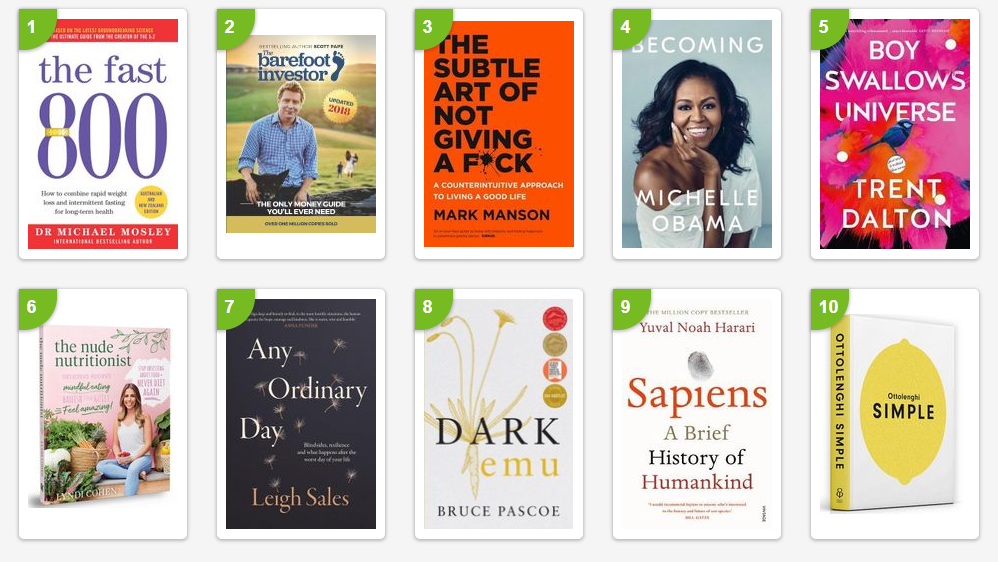
 What do we know about the Boy Swallows Universe Netflix show?
What do we know about the Boy Swallows Universe Netflix show? 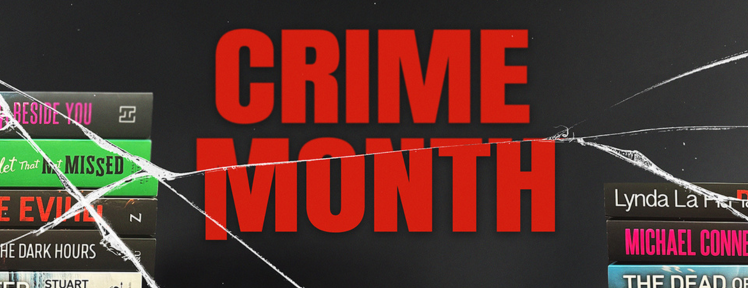 Booktopia’s top thrilling fiction picks for Crime Month
Booktopia’s top thrilling fiction picks for Crime Month 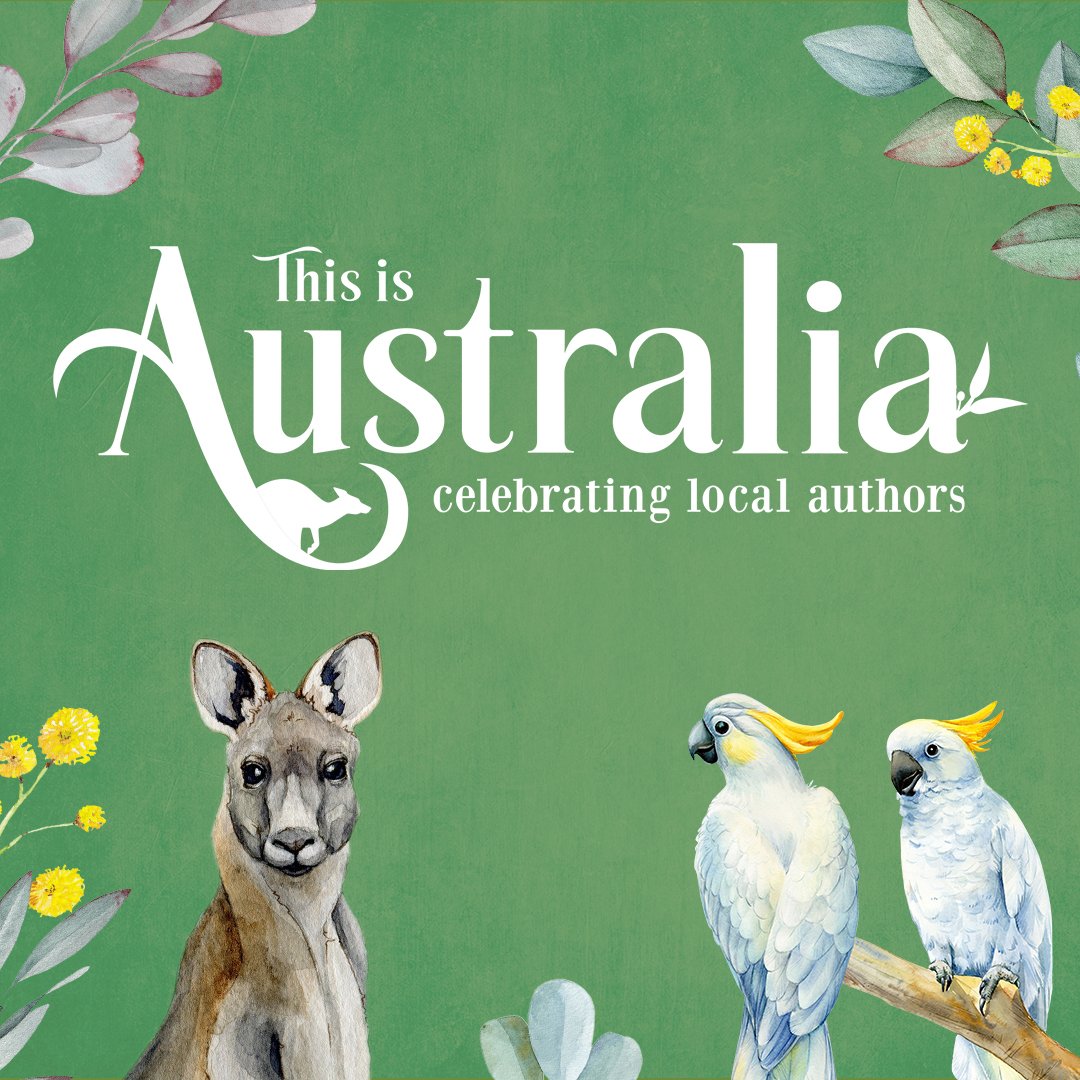 Booktopia’s Top First Nations Book Recommendations for 2023
Booktopia’s Top First Nations Book Recommendations for 2023
Comments